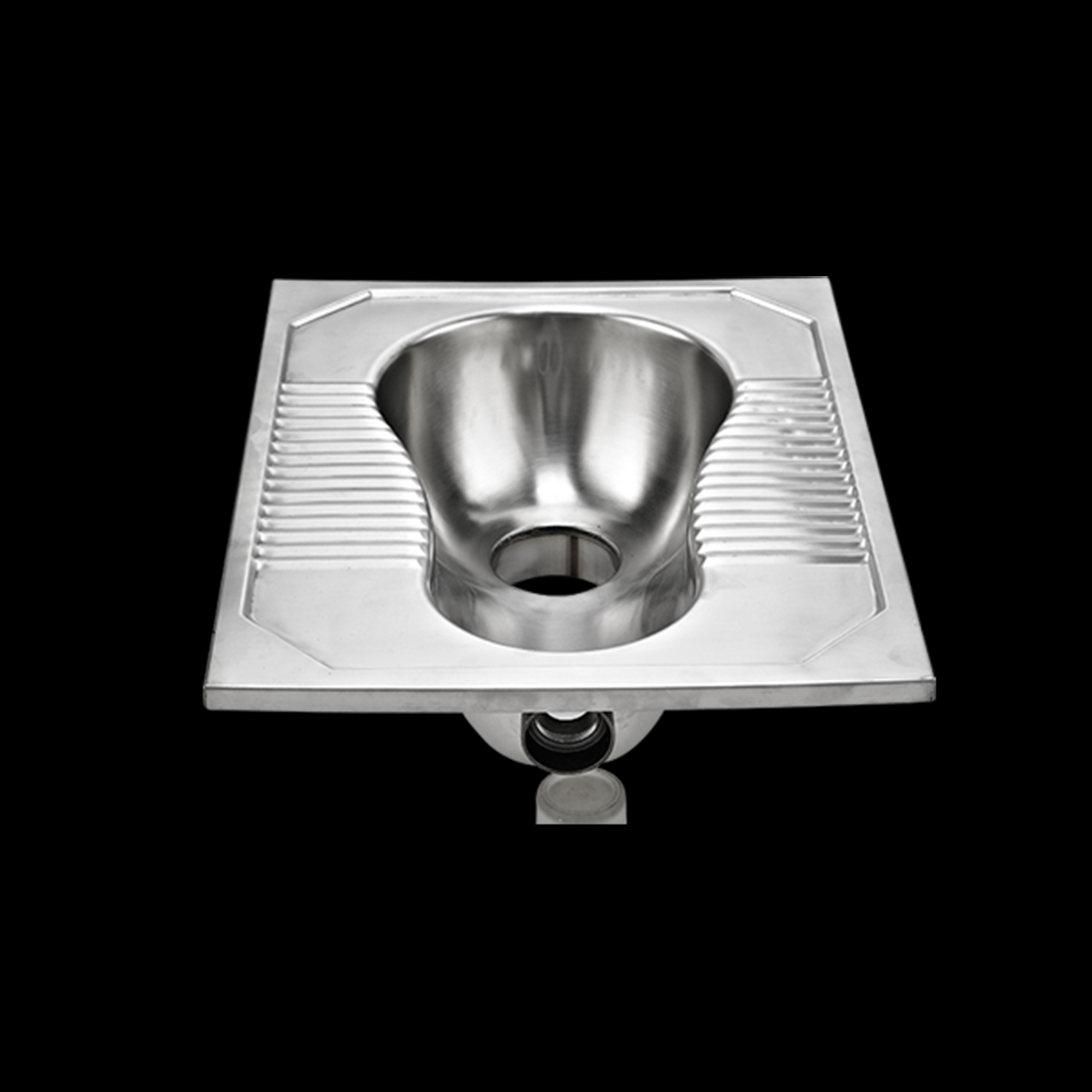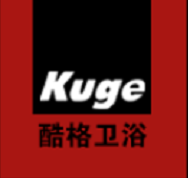Stainless steel squatting pans are commonly utilized in public settings where they offer durability,ease of maintenance,and cultural preferences.To ensure the highest standards of hygiene and safety in their application within public facilities,various measures can be implemented.
Regular cleaning and disinfection are essential for stainless steel squatting pans to eliminate dirt, grime,and bacterial contaminants.Cleaning personnel should employ suitable cleaning agents and disinfectants,ensuring comprehensive cleansing of the pan's surface,footrests,and adjacent areas.
The installation of automatic flushing systems can minimize direct contact between users and the pan,reducing the risk of cross-contamination.These systems facilitate periodic flushing and cleansing of the pan,ensuring thorough rinsing of footrests and interior surfaces.
Touch-free solutions can be implemented to further enhance hygiene and safety.Touchless sensor-operated doors can be installed,eliminating the need for users to physically touch door handles and reducing the potential transmission of germs.
Providing ample hygiene supplies near the squatting pans is another crucial aspect.Easy access to hand sanitizers,paper towels,and toilet paper enables users to maintain cleanliness and dispose of waste effectively,promoting overall hygiene and safety.
Regular inspection and maintenance are vital to ensure the proper functioning of stainless steel squatting pans.Monitoring water pipes,automatic flushing systems,and sensors regularly prevents leaks or malfunctioning components,ensuring their reliability and safety.
Public education plays a key role in promoting proper usage and personal hygiene practices.Sharing relevant information and guidance encourages users to adopt correct procedures and uphold the hygiene and safety standards of the squatting pans,thus minimizing the risk of disease transmission.
By implementing these measures,the hygiene and safety of stainless steel squatting pans in public facilities can be significantly improved.These initiatives not only safeguard user health but also enhance public trust in the cleanliness and reliability of such amenities,leading to greater overall satisfaction.

